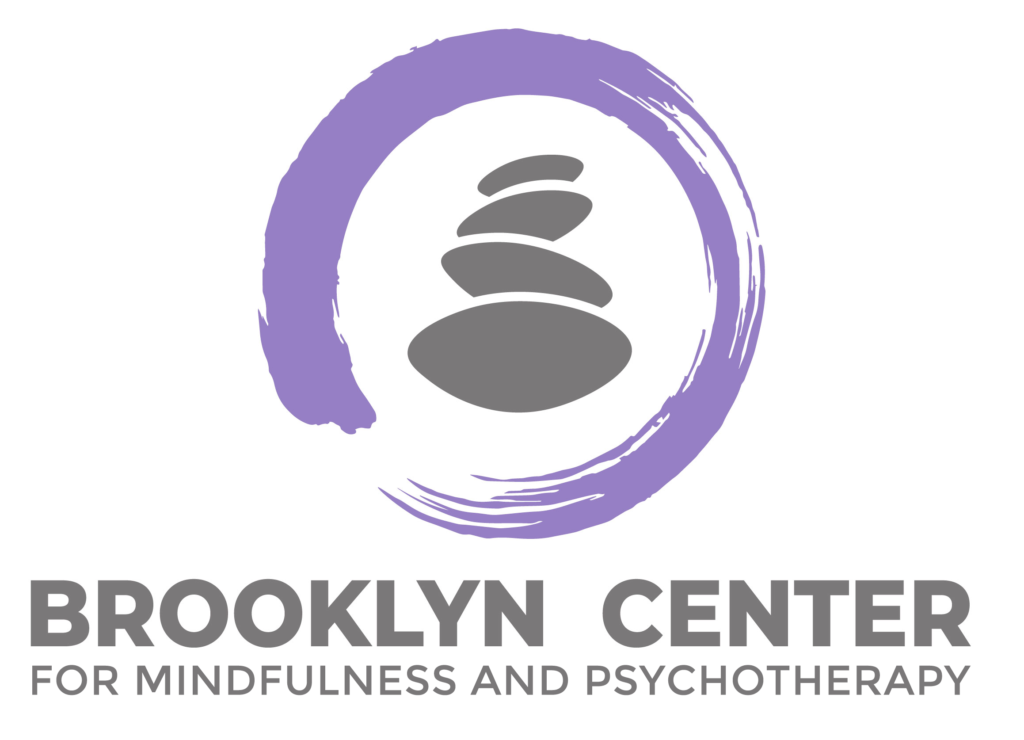Mindfulness is the practice of being fully present at the moment. It’s a form of meditation that can be practiced anywhere, at any time. And it’s not just for people looking to improve their mental health – mindfulness benefits everyone, regardless of age or experience.
Keep reading to learn more about mindfulness and the ways it can help improve mental health.
What is mindfulness, and what are its benefits?
Mindfulness is focusing on and being aware of one’s present thoughts, feelings, and bodily sensations. The goal is to observe without judgment or evaluation. Developing mindfulness practice can help us become more aware of our thought patterns and emotions and be better equipped to respond rather than react in times of stress or difficult situations.
Mindfulness has been shown to reduce stress, anxiety, and depression. It can also increase our ability to be compassionate towards ourselves and others and help us develop more meaningful relationships with the people around us. Additionally, practicing mindfulness can improve concentration and focus, increase self-acceptance and appreciation for life, and improve overall physical health. It can also help us to become more accepting of complex emotions and situations, allowing us to take a non-judgmental approach toward ourselves and others.
Mindfulness is not something you can do once and expect to reap the benefits forever – it is an ongoing practice that requires dedication to make a difference. There are many different tools and exercises that you can use to cultivate mindfulness, such as meditation, yoga, breathwork, journaling, or simply taking a few minutes each day to be still and observe your thoughts without judgment. With regular practice and dedication, mindfulness can help us become more aware of our thought patterns and emotions, better equipped to respond rather than react in times of stress, and lead a fuller, more meaningful life.
The benefits of mindfulness are vast, but it is essential to remember that mindfulness is not a one-size-fits-all solution. Everyone’s experience with mindfulness will be different, and the best way to find out if mindfulness is right for you is to try it. With practice, patience and dedication, anyone can learn how to incorporate mindfulness into their daily life and reap the benefits of this powerful practice.
How can mindfulness be used to improve mental health?

Mindfulness can be used in a variety of ways to improve mental health. Mindfulness meditation is one way that is often used to help individuals become more aware of their thoughts, feelings, and sensations without judgment. This allows for greater self-awareness and insight, which can positively affect overall mental well-being. Other methods include mindful eating, breathing exercises, body scans, and incorporating mindful activities into daily routines. Studies have shown that these practices can reduce stress, anxiety, and depression while improving focus and concentration. Additionally, mindfulness can help individuals become more aware of how they respond to situations and provide them with tools to manage emotions better and cope with complex life events. Mindfulness is a practical approach to improving mental health and overall well-being.
What are some tips for practicing mindfulness meditation?
- Start by carving out a space in your home that is designated for meditation and practice regularly.
- Choose a comfortable position on the floor or in a chair, with your spine straight and chin slightly tucked.
- Take several slow deep breaths to help relax your body and mind and bring your attention to the present moment.
- When thoughts enter your mind, notice them and let them pass without judgment or attachment.
- Focus on an object such as a candle flame, a mantra, the breath, or a body scan technique to help you stay mindful of the present moment.
- If your mind wanders, don’t judge or criticize yourself; refocus on the object of meditation.
- When you’re done meditating, take a few moments to observe and enjoy any peace or calmness that has emerged from your practice.
Can mindfulness be used with other treatments for mental health conditions?

Yes, mindfulness can be combined with many other treatments for mental health conditions. Mindfulness can be integrated into cognitive-behavioral therapy (CBT), dialectical behavior therapy (DBT), and acceptance and commitment therapy (ACT). It can also be combined with medication to relieve anxiety, depression, and stress symptoms. Mindfulness can help individuals better understand and regulate their emotions, become more aware of their thoughts and behaviors, and make healthier choices. Additionally, it can provide support for those struggling with substance abuse issues. Mindfulness has many potential benefits when combined with other treatments for mental health conditions.
How can I get started with mindfulness meditation if I’m interested in trying it out?
If you are interested in trying mindfulness meditation, there is no better time to start than now! Here are some simple steps that can help you get started:
- Find a peaceful and quiet place where you won’t be disturbed. This could be a corner of your home or even outside in nature.
- Take a few deep breaths and settle into the present moment. Let go of any expectations or worries about how your meditation will go.
- Focus on your breathing. Concentrate on the sensation of air moving in and out of your body with each breath cycle.
- If your mind begins to wander, gently bring it back to your breath.
- Continue focusing on your breathing for as long as you feel comfortable, then slowly transition out of the meditation practice.
Mindfulness meditation can be a powerful tool for cultivating inner peace and well-being. With regular practice, you will quickly start to experience the benefits that it has to offer!
Conclusion
Mindfulness is an effective and easily accessible tool to help improve mental health. With regular practice, mindfulness can be used to reduce stress, anxiety, and depression while also improving focus and clarity of thought. Suppose you’re interested in learning more about mindfulness or want to try it. In that case, many resources are available online and in person, including counselors and mental health clinics like the Brooklyn Center in Brooklyn, NY. No matter your age or experience level, mindfulness can be a great way to promote overall well-being and mental health.






